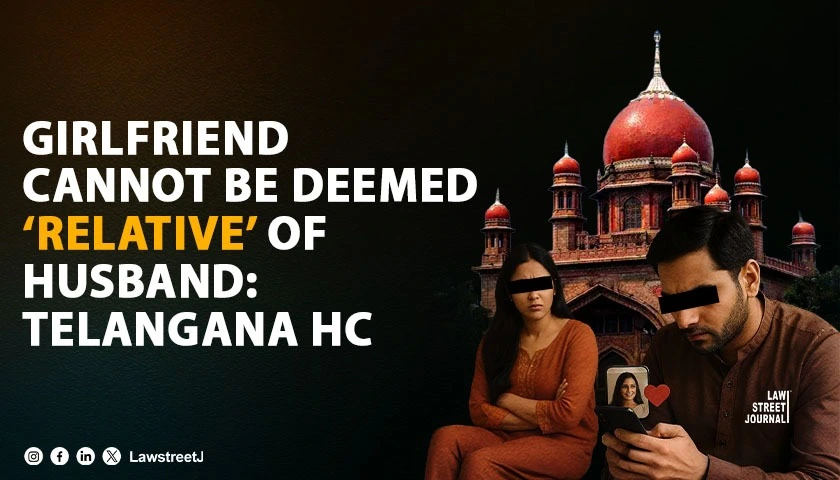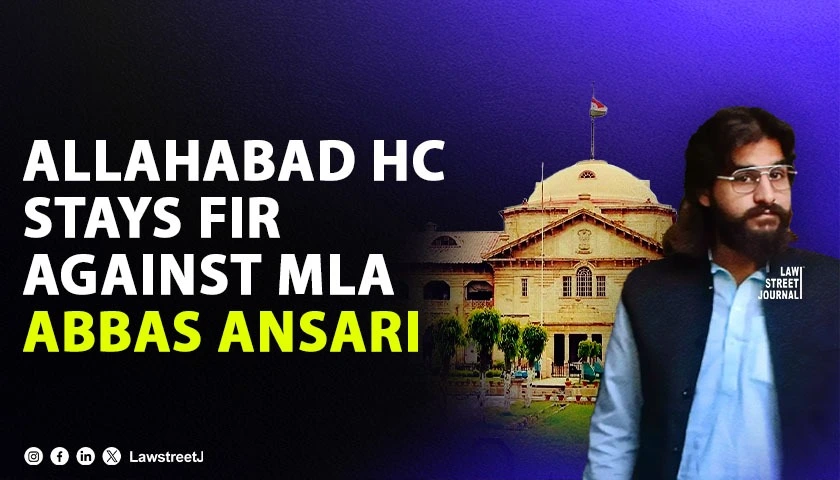NEW DELHI: The Supreme Court on Thursday told the Telangana government if it wanted to save its officers from contempt, it is better for it to take a decision to restore the forest at Kancha Gachibowli in Hyderabad otherwise let the Chief Secretary be ready to go to jail.
A bench of Chief Justice of India B R Gavai and Augustine George Masih decried the felling of several trees by state authorities at weekend and asked Telangana government to decide whether it wants to restore forest or send its officials to jail, including the chief secretary.
The court also criticised the state government over the timing and execution of tree felling, saying it prima facie appeared to be pre-planned, as bulldozers were deployed during a long weekend.
Hearing a suo motu case initiated in the wake of large-scale felling of trees by the Telangana government on a 400-acre parcel of land in Kancha Gachibowli, the bench told the state’s counsel, “If you want to be saved from contempt, better take a decision to restore the forest…otherwise let your chief secretary be ready to…”.
Senior advocate A M Singhvi, appearing for the Telangana government, said the government has planted trees and he will give the full report with photographs.
He emphasised that the court's order is being obeyed and implemented not in letter but in spirit. He emphasised that huge afforestation and plantation is going on.
Having noted that tree felling prima facie appears to be pre-planned in order to take advantage of the long weekend, the bench said, “We are putting you on guard, if you try to defend such a thing, the chief secretary and all those officers involved will be in trouble. Taking the advantage of a long weekend, you do all these things.”
Singhvi sought to contend that this institutional process of giving approval took one year.
“Deforestation (was done) only over the weekend," the bench pointed out, by asking why the government did not start the process on a Monday, and why it started clearing trees at the beginning of a long weekend.
A counsel contended that restoration of the forest has to be done during monsoon, which will start in Hyderabad in June.
“The state’s response, which they have filed, has only tried to defend their action and they are saying that they want to go forward with that IT construction (an eco-friendly IT park after demolishing forest). They have not placed before the court, any alternative should this defence fail as to what they are going to do for restoration. No restoration plan has been placed before the court," the counsel claimed.
The bench said, “if Singhvi wants his chief secretary and half a dozen officers to shift to a temporary prison".
Singhvi said he wants to persuade the court that both ecology and IT construction can go together.
The bench said, “We have always been advocating for sustainable development. The question is the feeling of thousands of trees, taking advantage of the long weekend”.
Singhvi said that the trees felled were not in thousands rather 147 trees were felled.
The bench, however, said that the court has seen the photographs. The court made it clear that the state has to make a choice, whether it wants to restore a forest or wants its half-dozen officers to go to jail.
The court also declined to entertain a plea seeking the quashing of FIRs filed against students who claimed to be whistleblowers and had exposed the incident of tree felling. The bench told the counsel to move before the relevant legal forum for relief.
The bench fixed the matter for further hearing on July 23.
The court had earlier taken up the issue on its own following reports of widespread environmental damage, and questioned the action of the state government and stressed on immediate restoration measures.
On April 3, the court directed that no activity of any sorts, except for the protection of trees, should be undertaken by the Telangana government on the land parcel next to the University of Hyderabad, and asked the state to explain the "compelling urgency" for clearing a large tree cover.
Students of the University of Hyderabad were up in arms against the state government's plans to develop the 400-acre land parcel bordering the university

















